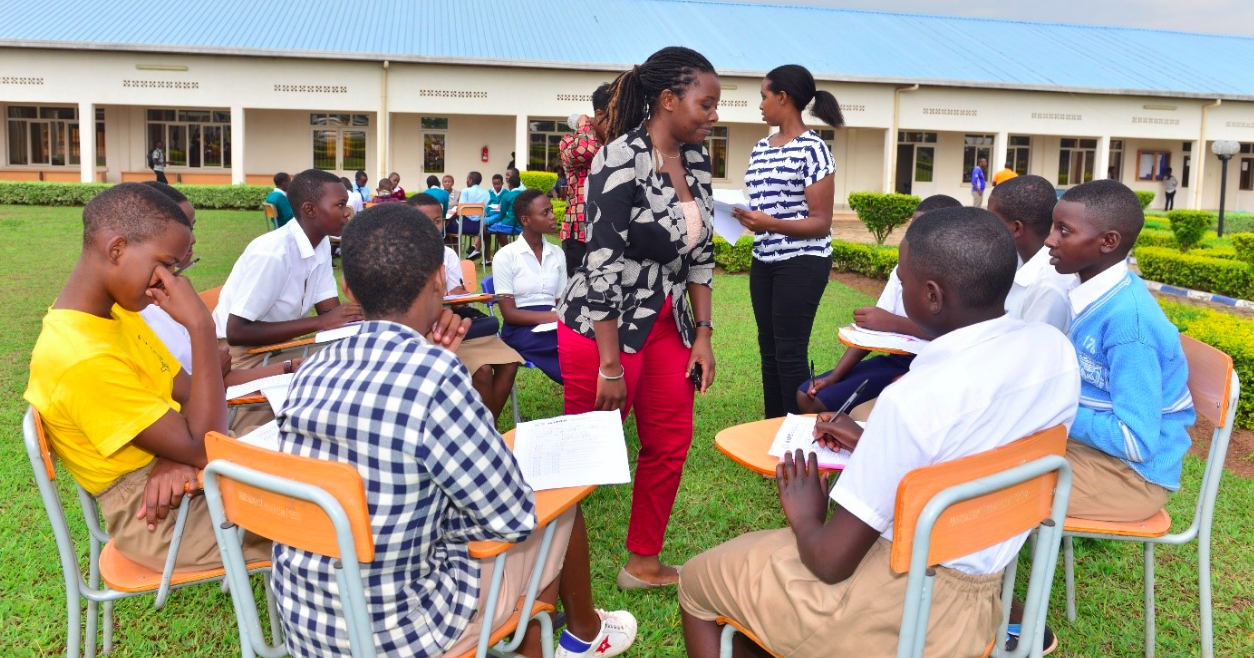If you want to promote the educational opportunities of African girls, the best way is to invest in female teachers and principals, says the joint report of the African Union and UNESCO, Educating Girls and Ending Child Marriage in Africa.
The report was published on July 2-5. day at the first pan-African conference on girls’ and women’s education held in Addis Ababa, Ethiopia.
In many African countries, less than a fifth of secondary school teachers are women, and even fewer of the principals.
Female teachers have been proven to improve girls’ school success and retention beyond primary school.
In addition, female teachers themselves often stay in their profession longer than their male colleagues.
If girls are to continue attending school until the end, the number of female teachers and principals must be increased. They serve as role models for the girls, who motivate them to continue their studies.
The lack of female teachers and principals has contributed to a high number of school dropouts, low academic achievements and the prevalence of child marriage.
If girls stay in school until the end, child marriage and gender inequality will decrease.
The foundations of education need to be strengthened
“Increasing investment in girls’ education has significant financial benefits, in addition to being simply the right thing to do. This requires interventions targeting pre-teen girls, but the basis of education should also be improved through better teaching and leadership,” the report reads.
The fact that 40 percent of those who dropped out of school did so because there was no teaching at school speaks volumes for the weakness of the foundation of education.
This applies to both girls and boys. The presence of teachers would automatically and significantly improve everyone’s school success. The teachers themselves should also be better trained than at present.
According to the report, raising the level of competence would increase the attractiveness of the teaching profession and better consider women.
The report reveals that teaching in African countries is not thought of as a career, nor are the different qualification levels of the profession precisely defined.
A large number of teachers are also dissatisfied with their work, so in addition to better training and pay, better organization of work is needed.
Providing adequate educational opportunities for girls and women brings enormous positive effects to society as a whole.
Families’ incomes and living standards rise, the number of children decreases, health and nutrition improve, and general well-being increases. In addition, intimate partner violence decreases and women’s decision-making ability in households improves.




















